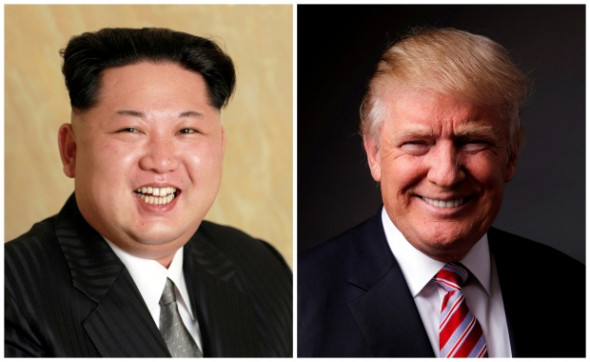Historic Opportunity For Peace On Korean Peninsula
The meeting between President Moon Jae-in of South Korea and Chairman Kim Jong Un of North Korea resulted in an agreement to end the Korean War and work toward unity. Their declaration was a major breakthrough where the two Koreas announced Koreans will determine their own fate and end hostilities on the Korean Peninsula. We speak with Hyun Lee, an editor of Zoom In Korea and a peace activist who is a member of the Solidarity Committee for Democracy and Peace in Korea, about the importance of their meeting and what to expect from President Trump's upcoming meeting with Kim Jong Un. We also provide news and activism updates.















